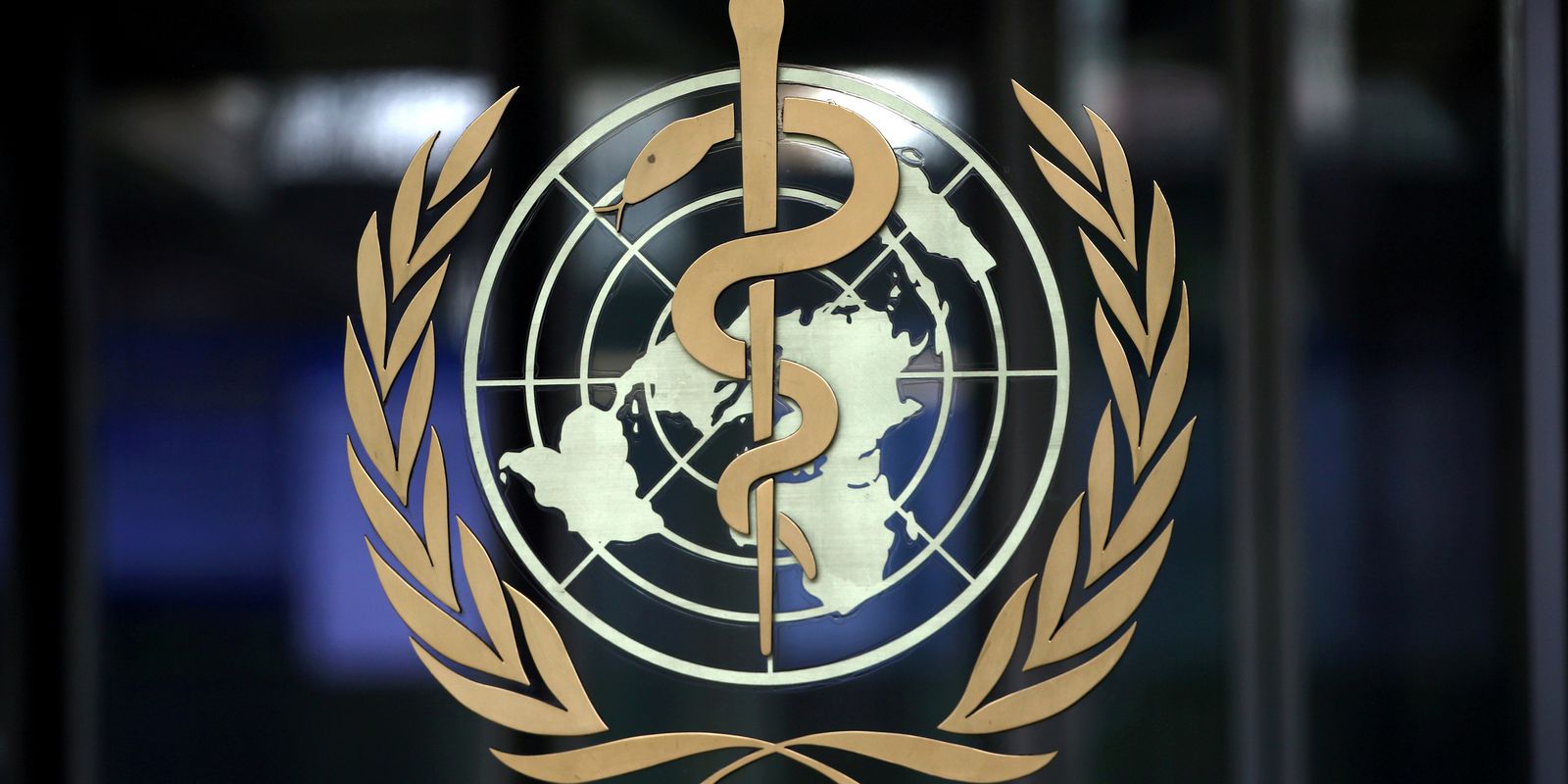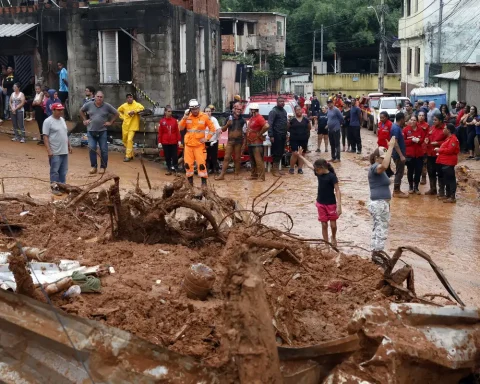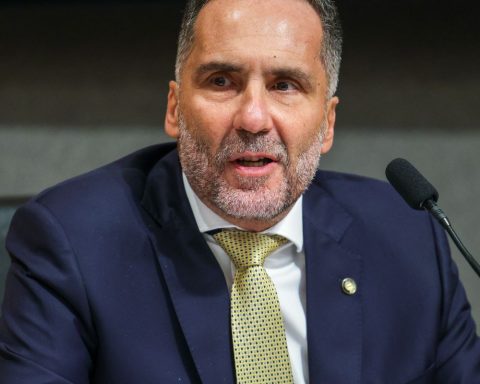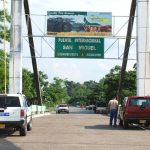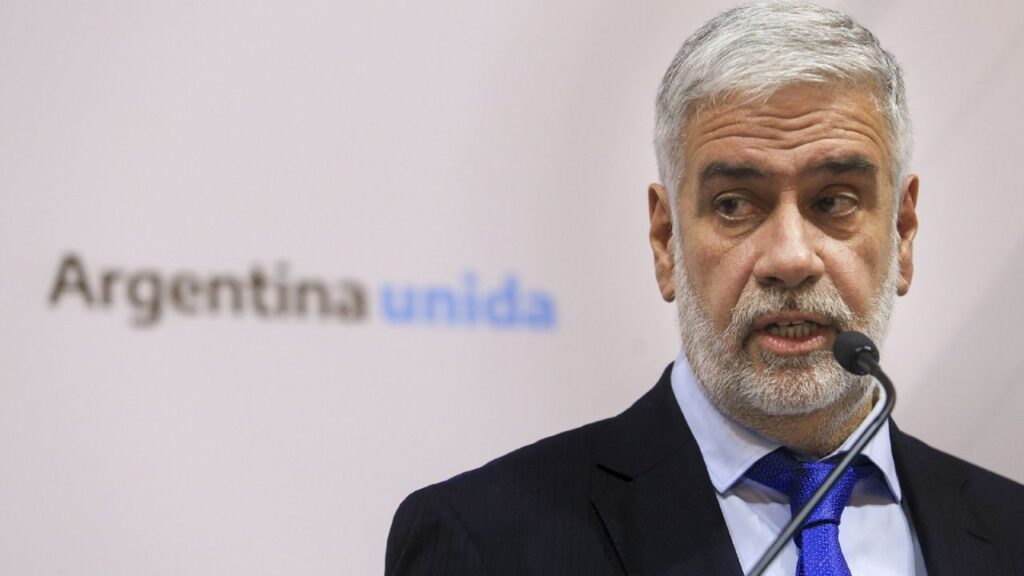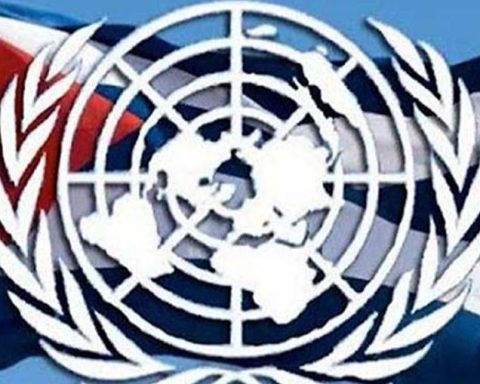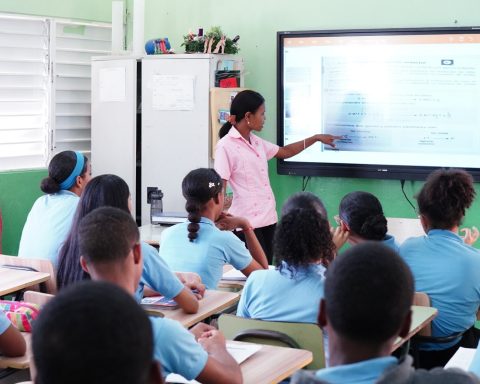The World Health Organization (WHO) said it hopes to identify more cases of monkeypox as it expands surveillance in countries where the disease is not normally found.
As of Saturday, 92 cases had been confirmed and 28 suspected cases of smallpox had been reported in 12 member states that are not endemic for the virus, the United Nations (UN) agency said, adding that it would provide further guidance and recommendations in the coming days for countries on how to mitigate the spread of the disease.
“Available information suggests that human-to-human transmission is occurring between people in close physical contact with symptomatic cases,” the agency added.
Monkeypox is an infectious disease that is usually mild and is endemic in parts of western and central Africa. It is spread by close contact, and can be contained relatively easily through measures such as isolation and hygiene.
“What appears to be happening now is that it has entered the population as a sexual form, as a genital form, and it is spreading just like sexually transmitted infections, which has amplified its transmission around the world,” said David Heymann, an official. from the WHO and an infectious disease expert told Reuters.
Heymann said an international committee of experts met via video conference to review what needed to be studied about the outbreak and communicated to the public, including whether there is asymptomatic spread, who is most at risk and the various routes of transmission.
The committee, however, is not the group that would suggest declaring a public health emergency of international concern, the WHO’s highest form of warning, which has applied to the Covid-19 pandemic.
